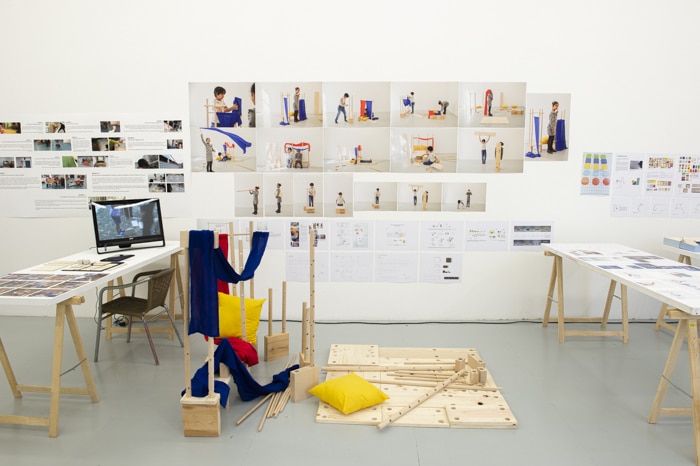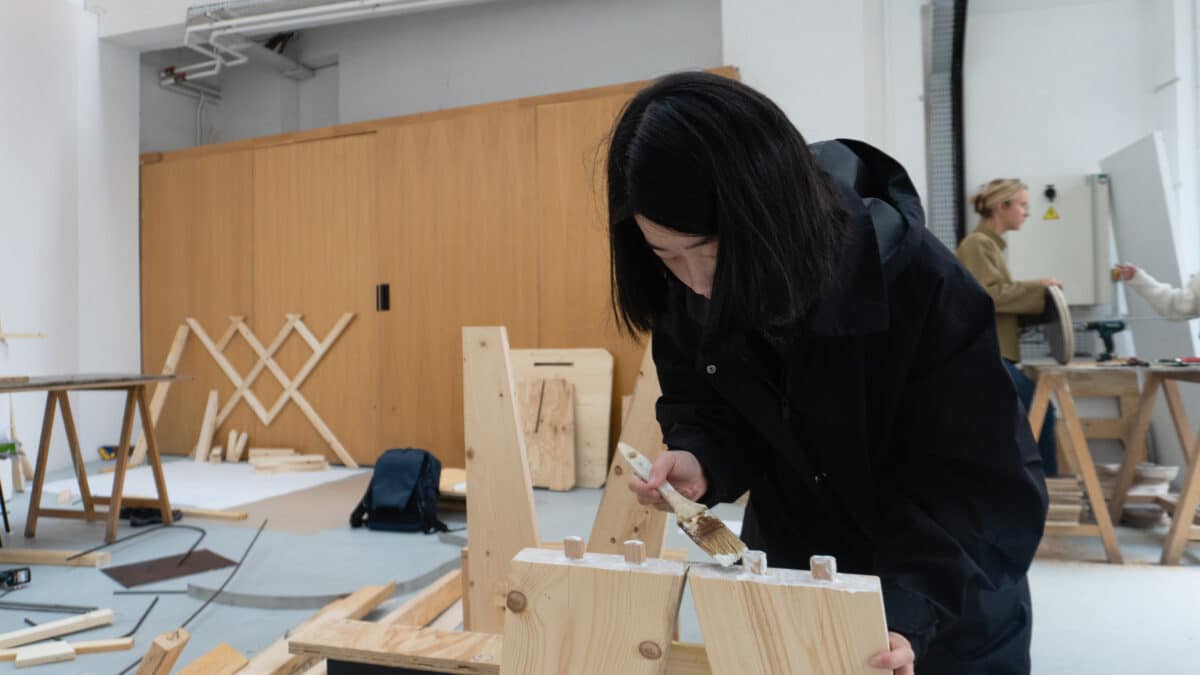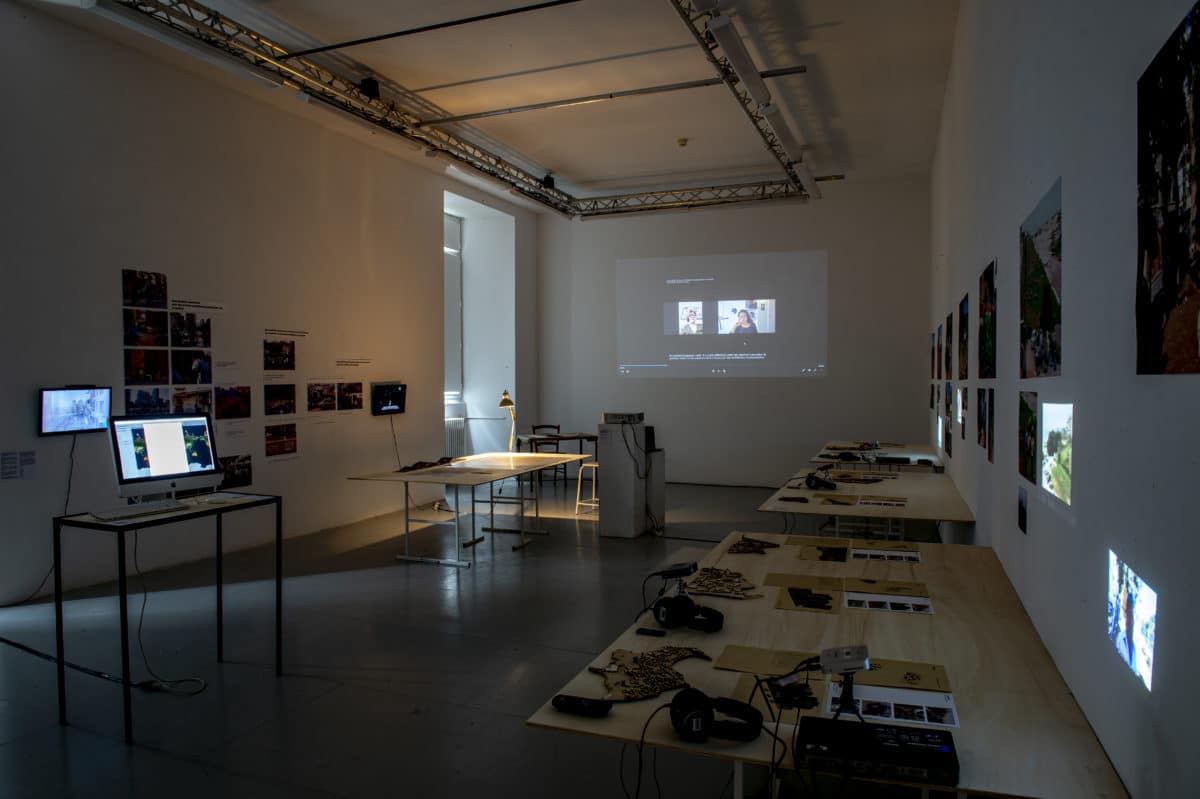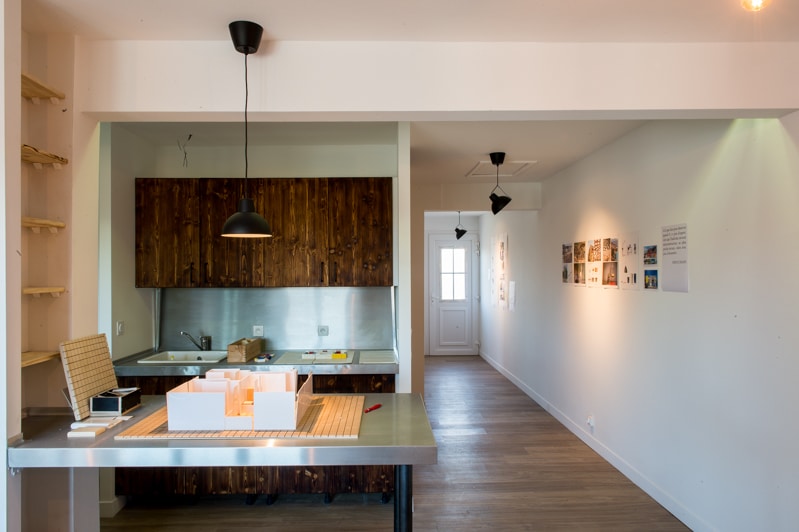Cycle 2 design
The design taught at isdaT in the “Spaces, Objects and Ecosystems” second cycle trains designers to carry out unique research in a specific context. Students are required to design and carry out forward-looking projects that consider complex ecosystems, using an approach that takes shape in one or more fields: urban design, space design, object design, design of information or awareness-raising tools, making the most of the resources available in the territories to which they belong.
Caring for the environments in which we live means considering the material conditions of our existence – questioning the modes of production, energy sources, eating habits, urban organizations and modes of transport on which we depend. This objective calls for a new attitude towards the contexts we approach, with particular attention to the specific features of territories, the practices of inhabitants, the organizations at work, and the interactions between the living and non-living elements of an ecosystem.
In this way, part of the training’s specificity is based on practical experience in the field. Confronted with a variety of real-life project contexts, students are trained to observe, analyze and probe the contexts they approach, to get as close as possible to the protagonists and the specific features of the territories*. On the other hand, it is defined by workshop practice, a place where a spirit of ingenuity and inventiveness is cultivated to think and make operative forms likely to make the world more habitable on a daily basis, whether by designing signs, objects or spaces.
*This investigative practice is as much a methodological contribution as it is a strategy for insertion into an economic and social fabric.
Acquisitions
- Set up a project in a production ecosystem that articulates several scales: local know-how, third places, factories, small industries, and several supply chains and networks (short circuit, reuse, recycling…).
- Analyze and document a complex situation, using a variety of tools (sound, video, photography, etc.).
- Problematize a situation from a design perspective.
- Ability to identify and call upon a network of actors and resources federated to serve a complex ecosystem (mapping controversies, investigating).
- Ability to call on the designer’s tools and skills, questioning them and putting them into perspective to imagine the right proposals (technical drawing software, 3D, mock-ups, etc.).
- Ability to call upon different visualization/representation tools to convey the coherence of an approach (dissertation and diploma project).
- Ability to present a project orally and in space (layout, graphic charter, website).
Objectives
The methodological skills, tools and know-how acquired enable graduates of the DNSEP “Spaces, Objects, Ecosystems” to:
- Occupy key roles in small and medium-sized architecture and landscape, interior architecture, design and scenography studios.
- Join companies developing strategies for social innovation and sustainable development.
- Practicing as a designer, interior architect or scenographer as an entrepreneur, within an approach that can be individual or collective, and hybridize several skills.
- Join a post-graduate research program and engage in critical and theorizing practices, in parallel or not with their design practice.
- Join associations, cooperatives and public institutions to work on consultation and co-creation tools.
- Join schools as teachers or teaching assistants, or set up educational activities around object-making.
- Join research and creation residencies.
Career opportunities and job pool
A designer with the methodological skills, tools and know-how to join or set up a design studio or interior architecture agency, or to develop projects in the related fields of exhibition scenography, urban landscape design and mediation tools in collaboration with multidisciplinary teams of graphic designers, architects and landscape architects. The target area is primarily the Occitanie region, given its proximity and the networks of partners developed by isdaT.
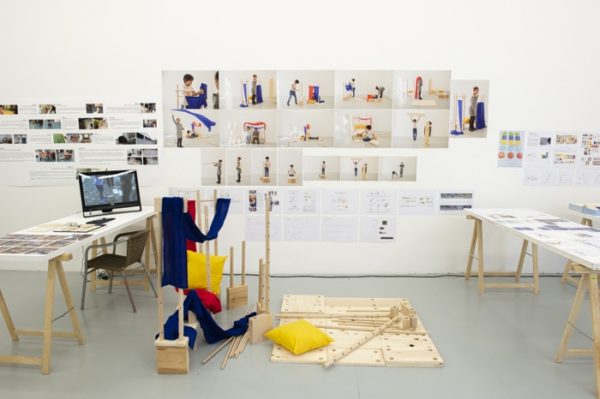
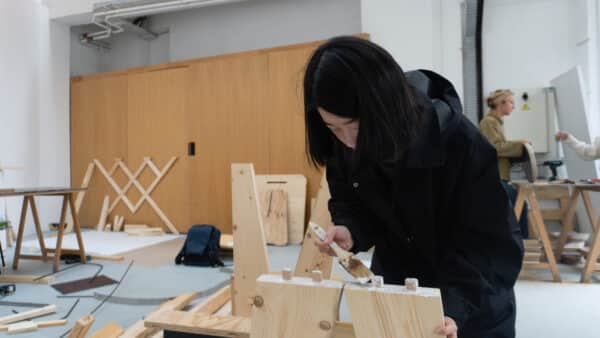
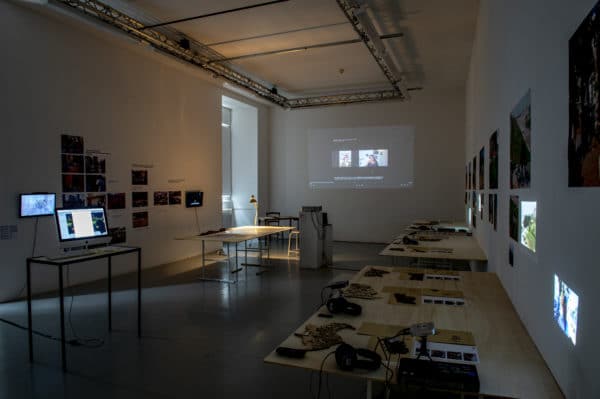
Internships
Students will have to complete one or more internships in semester 8, lasting four weeks. The Erasmus exchange stay must also take place in semester 8.
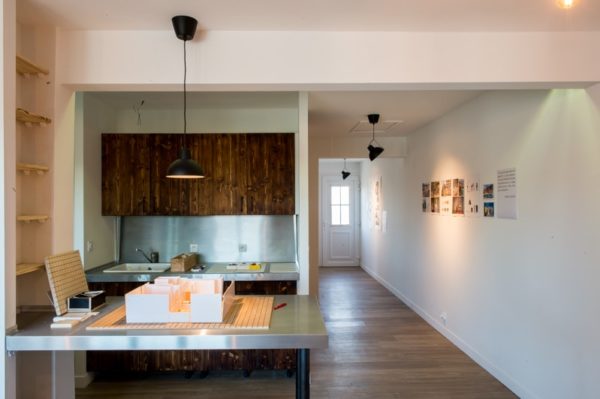
Courses catalog
All information concerning the course programme and timetables can be found on the dedicated Art, design and graphic design courses catalog website (in French).



Staff
Administrative staff
Art, design, and graphic design studies director
David Mozziconacci
david.mozziconacci@isdat.fr
Department secretary
Bettina Mellet and Fabrice Matéo
+33 (0)5 31 47 11 95
+33 (0)5 31 47 11 94
bettina.mellet@isdat.fr
fabrice.mateo@isdat.fr
Educational staff
Lists and biographies of professors and teaching assistants.







